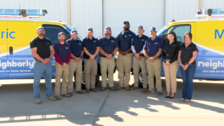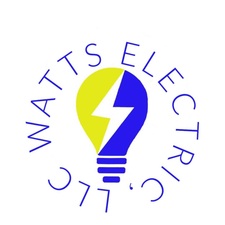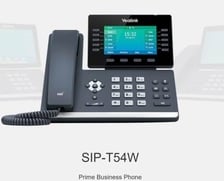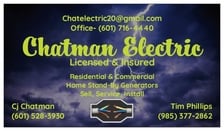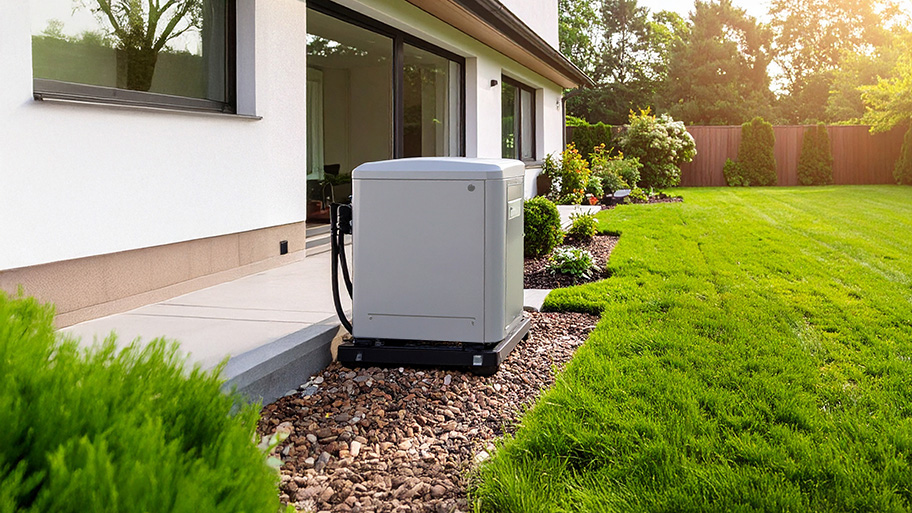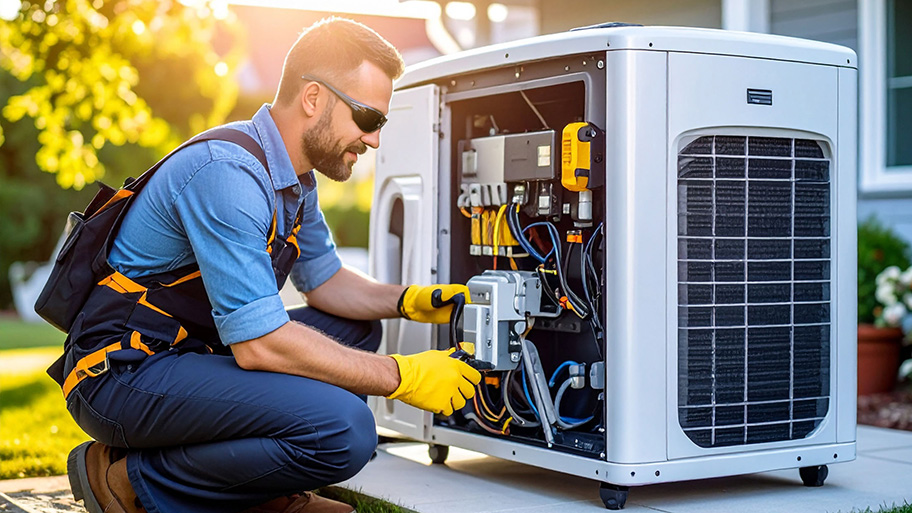
Briny Bayou Services
Briny Bayou Services
Briny Bayou Services is a full stop shop for any project big or small. HVAC certified, wood working, plumbing, masonry, fencing, landscaping, drywall. We have lots of experience and ability, feel free to reach out to us for a quote.
"Fast, excellent service/repair, stellar workers. Would do business with again."
Logan L on June 2023
Briny Bayou Services is a full stop shop for any project big or small. HVAC certified, wood working, plumbing, masonry, fencing, landscaping, drywall. We have lots of experience and ability, feel free to reach out to us for a quote.
"Fast, excellent service/repair, stellar workers. Would do business with again."
Logan L on June 2023


